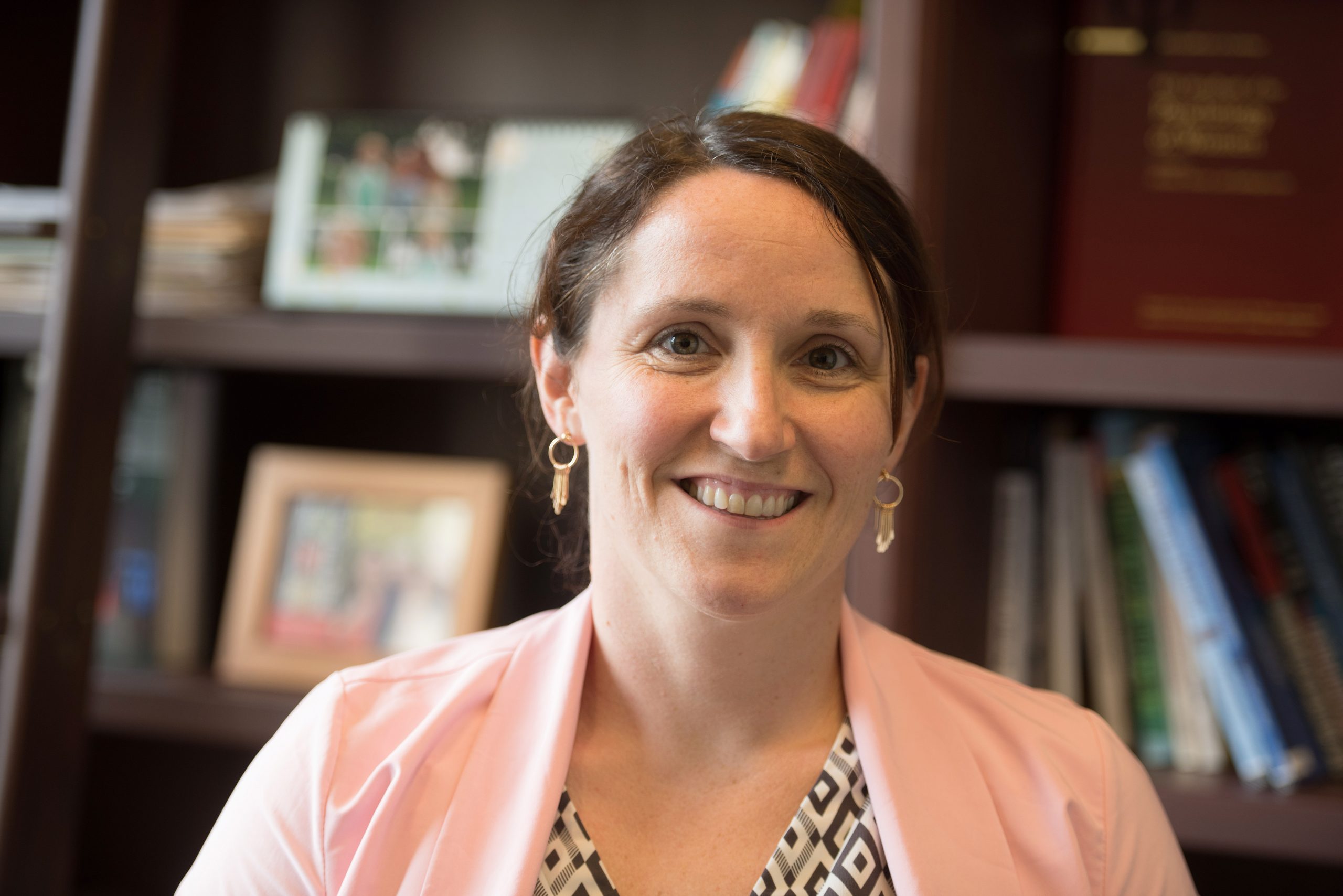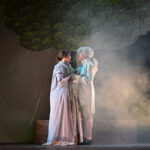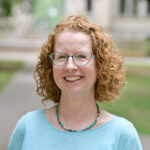
Bos’ Pioneering Study Reveals Opinions on the Presidency Begin at an Early Age

WOOSTER, Ohio – Contrary to what most parents and other influencers probably think, children are listening and forming early opinions on the presidency and politics at an early age, asserts a study headed by Angie Bos, an associate professor of political science at The College of Wooster.
Bos and four faculty collaborators surveyed about 1,600 children, age 6 to 12, across four locations in the U.S. during the fall of 2017 and winter of 2018, asking them questions about the importance of the office of the president and the president himself, such as “What kind of things do you think the President does?” They compiled the data, compared it to similar research on children’s views from the 1950s, and were able to draw several interesting conclusions, recently published by The Conversation.
Among the conclusions, the students still view the president as important and more than 75 percent were able to categorize the president’s activities in “factual ways,” however, they had far more negativity when assessing the president’s honesty, work ethic, and knowledge (noteworthy: President Trump’s name was not mentioned specifically in the study, just the office of the president). For example, in the 1950s, nearly 75 percent of children viewed the president as more honest than other people, but today, only 18 percent view the president that way.
“This paper shows that kids are negative toward the presidency, while another paper we have under review shows that children mirror their parents’ emotional responses to the political parties and are extremely negative toward their perceived out-party (the one they don’t identify with). Together, the papers demonstrate just how much kids are listening to their parents and the media who increasingly express lack of confidence in political institutions and partisan polarization,” explained Bos.
Bos’ study was one of the first of its kind. “Political scientists haven’t attempted large-scale data collection with children this young,” underscored Bos, who noted that because children are considered a vulnerable population under federal guidelines, there are many challenges to gaining access to invite them to be research participants.
Of utmost importance, prior to collecting data, Bos “conducted interviews with teachers to help develop an age-appropriate instrument to test multiple research questions,” with the goal to be able to “publish the results in myriad ways.”
Mission accomplished, as portions of the large dataset have spawned four published papers already, including one that focused on the research team’s novel “Draw a Political Leader” activity, and two others that are currently under review.
Bos, a mom to two children, is hopeful that this innovative study is an eye-opener to parents, caretakers, teachers, and even members of the media, as it clearly demonstrates the powerful influence they have on young ears.
“When I give talks on this work, I remind the audience that children are listening, for example to the video they overhear on your mobile device with negative comments about politics or political leaders. Think carefully about what they hear and what context you provide to them about what they hear. We’re at a time when we desperately need more civility in politics, and through what kids hear, we have an opportunity to shift the dynamics in the future,” stated Bos.
Recently, Bos was awarded a Fulbright grant to extend her work to study children’s political socialization in the Netherlands.
Posted in Faculty, News on March 20, 2020.
Related Posts
Related Areas of Study
Political Science
The study of power, with concentrations in U.S. politics, international relations, political theory and comparative politics.
Major Minor

